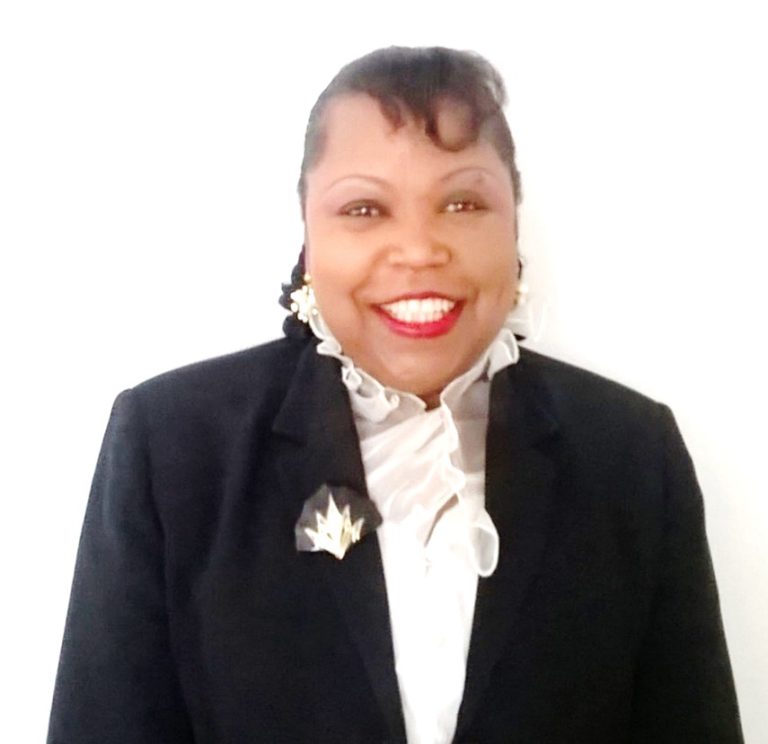
Roselle’s Core Skills include:
- Education Management
- Business Education Management
- Literary Production & Writing
- Life & Wellness Coach
- Lecturing/Teaching
- International Public Speaking
- Researching & Interviewing
- Education Policy & Curriculum Advisor

Roselle Thompson wears many hats!
She has over 27 years of experience in teaching and education development in the UK, from Nursery to University levels. In addition, to her academic lecturing and writing, Roselle is an Author, Poet, Playwright, Global Empowerment Life Coach, TV Broadcaster, Producer, and CEO, of a Health & Wellness company. She has also been creating and teaching intensive courses in a number of subjects to students at all levels – ages ranging from as young as 5 years old, to GCSE Secondary, A Level 6th Form, as well as University Undergraduates. The majority of her education work, among the different tiers are currently undertaken via her Education Consultancy and Tuition Academy.
As a TV Broadcaster, Roselle is adamant in her approach of creating her Magazine-style programmes entitled, The Roselle & Friends TV Talk Show, which present individuals’ achievements which, for the most part, have not been documented, highlighted, or broadcast, so that they remain the unsung Heroes or “silent contributors” to British society. These Talk Shows contain information about preserving, interpreting, and disseminating the artistic and social, cultural, and political history of settled Africans and Caribbean people in the Diaspora, living in the UK.
Roselle’s writing includes Novels, Plays, Poetry, Short Stories, and various levels of educational books for children. Born in Grenada, she migrated to the UK to live with parents, and grew up in West London. Roselle identifies firstly as a Grenadian/Caribbean writer, then as a Black British Writer. She is the author of 14 books, with genres that range from fiction, poetry, short stories, non-fiction, essays, literary criticism, journalism, and theatre drama. Her fictional writing is centred around her expertise and interest in the Caribbean diaspora and its culture.
Roselle’s writing is divided into two distinct categories – educational and academic writing. In the latter category, she addresses the liminal status of the Caribbean in a post-colonial, post-modernist context. Her academic work explores the complexities of the colonial legacy; presenting the epistemological effects of colonization that inform her work. She uses her artform to delve into some of the deep colonial damage on the psyche of Caribbean people, their various cultural heritages and their resultant discourses and thinking; whether living in the Caribbean region or in the diaspora.
She is a Fellow of the Royal Society of Arts, (having been a past Vice London Chair of the Society in 2002); a member of The Royal Society of Literature; The Poetry Society; The Society of Authors, and President of the Global Network for Women’s Empowerment. Roselle is a multi-tasker, and when she is not writing, she is a TV Program Presenter, Program Producer, International Speaker and Education Consultant & Wellness & Cultural Life Coach. However, a good deal of her time has been spent on academic research around the Caribbean and South America, focusing on her research topic area: the Development of Caribbean Orature and its impact on Anglo-Caribbean writing. She was President of the UWI Sta Artists and Writers’ Society, at the University of the West Indies, St. Augustine’s Campus, Trinidad, West Indies, where she undertook doctoral research.
But Roselle still finds time to assist the disadvantaged in society charitably, via her Global Empowerment initiatives and civic ambassadorial interests. Her passion for humanitarian work and supporting the younger disadvantaged generation, has been known for many years. Since 2011, she has been developing charitable programs and educational policies for Special Education Needs youths and those with Physical Disabilities in Africa. It is a role, above all, which she finds extremely rewarding.
Roselle has received many awards, and nominations, having proved at an early age her writing was to be taken seriously, when she won the Young Black Writer’s Award, l981 UK. She was included Among 500 Achievers in the first, “ Black Who’s Who” in the UK 1999, awarded for her Outstanding Contribution to Multicultural Education in 1999, in 2001 awarded for, “18 years of tireless service to young people in difficulty in the UK”; awarded for Outstanding Contribution to the Black Heritage, March 2011, UK, and Outstanding Service Award for Dynamic Leadership, 2016 by the Commonwealth Africa Initiative, London.UK.
Roselle Thompson’s academic interests blossomed at an early age. She was Research Assistant to the Centre for Caribbean Studies, University of North London, (now London Metropolitan University), where she taught West Indian Literature and Popular Culture in Caribbean Studies, and researched and produced a Monologue on: An Introduction to Caribbean Oral Traditions. This initial work was later developed and formed the basis for her two degrees which followed: B.A. (Hons) degree in English and a MPhil in Literature; Understanding the development of Caribbean Orature, also at the London Metropolitan University. Further extensive field research, over many years, includes doctoral work on The Development of Orature: It’s Impact on Anglo-Caribbean Writing.
As an International Speaker, Roselle is often called on to present on issues related to Caribbean literature and culture, various genres of her writing, empowering others, and the Black Presence in Britain.

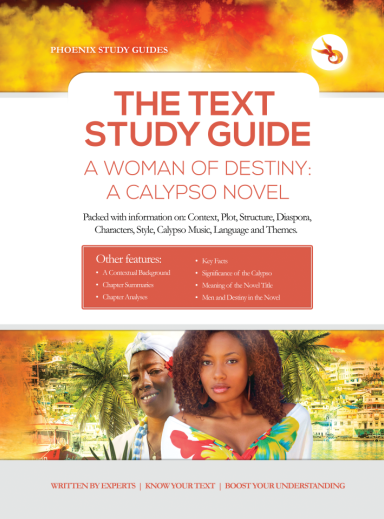

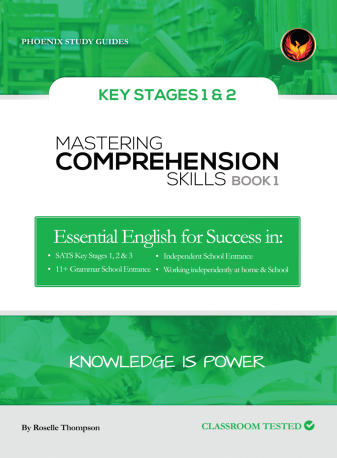
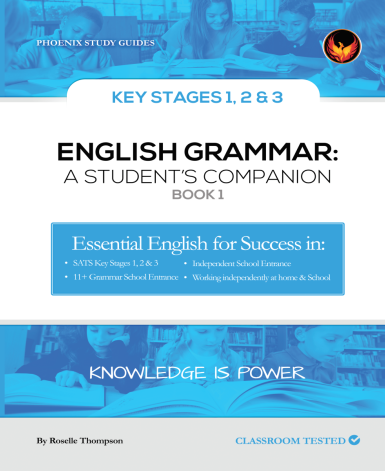

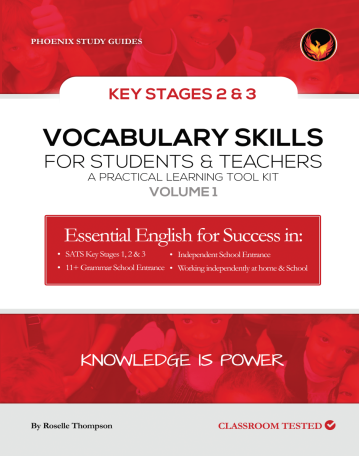


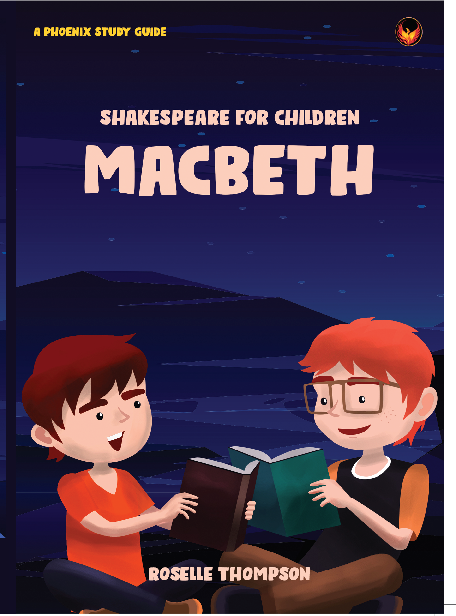





Roselle Thompson’s writing, whether Novel, Short stories, Poetry or Plays, continue to address the liminal status of the Caribbean in a post-colonial, post-modernist context. Roselle explores the complexities of the colonial legacy; presenting the epistemological effects of colonization that inform her work.
Identifying as a Black British Caribbean Writer, Roselle uses her art to delve into some of the deep colonial damage on the psyche of the people, their cultural heritages, and their resultant discourses and thinking. Therefore, dominant themes include the colonial burden on succeeding generations, fragmentation of Caribbean identity, and the role of the Caribbean Writer, in a post-colonial epoch; as being instrumental in either directing or redirecting society.
